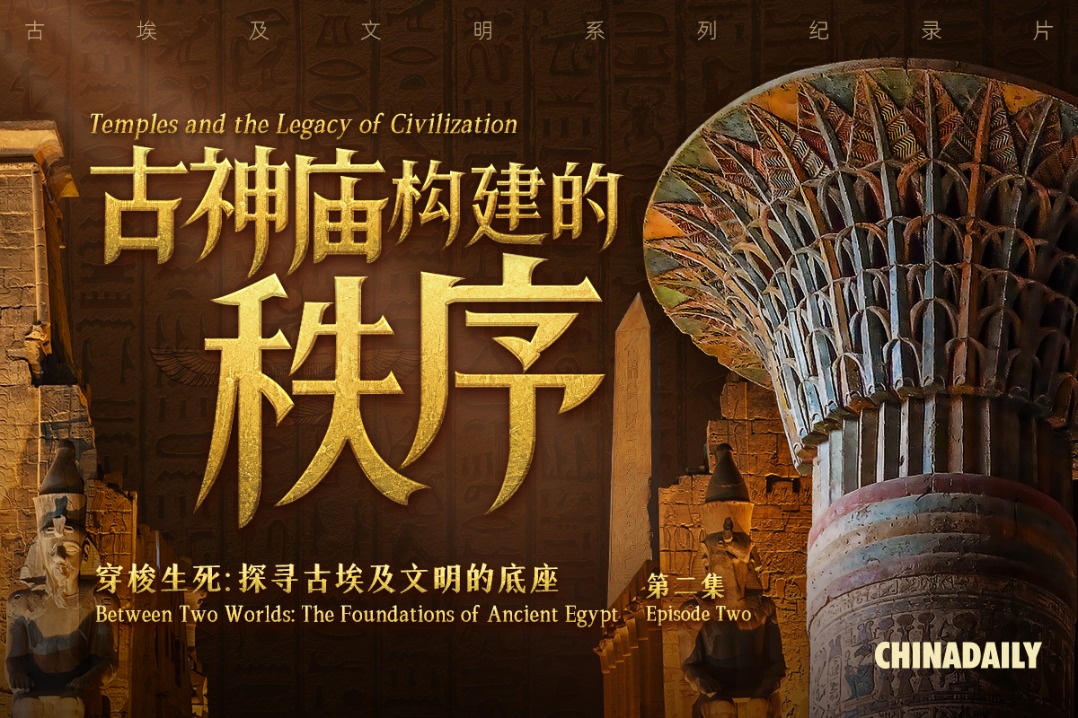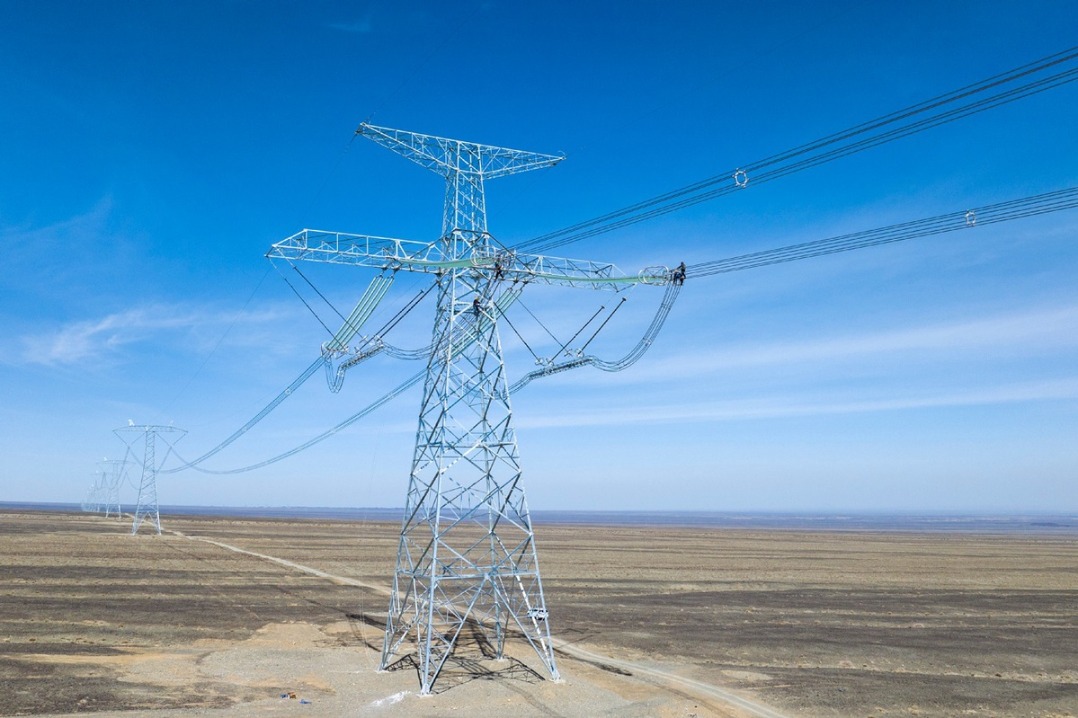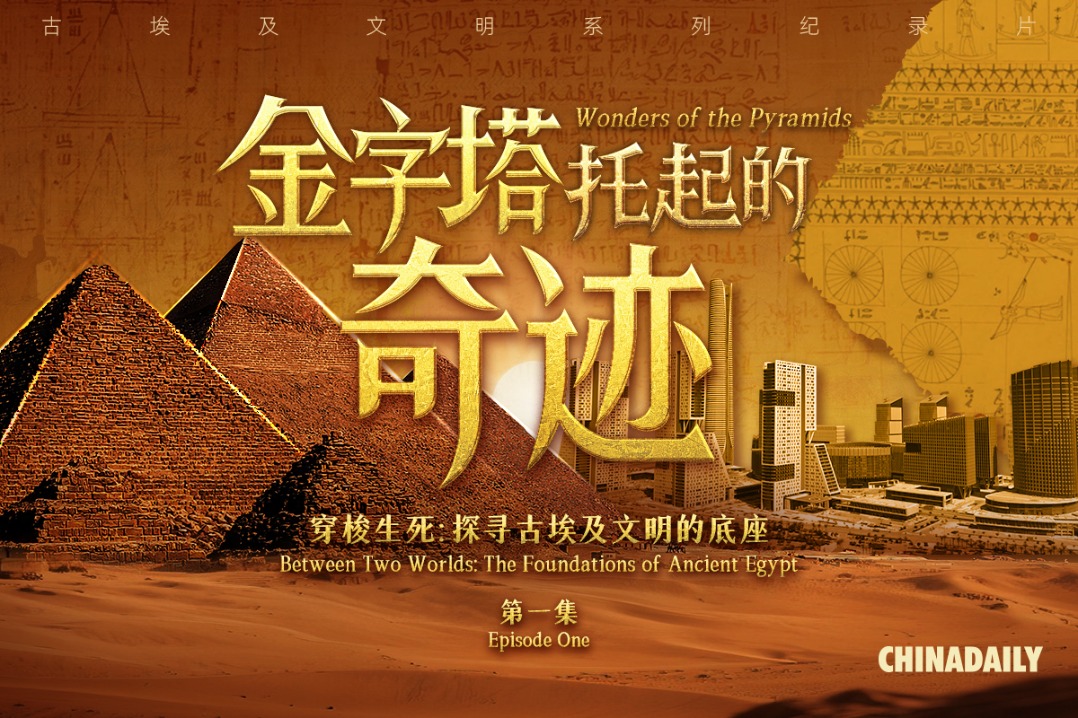Advancing scientific and technological cooperation for greater good of humanity


The China National Space Administration (CNSA) recently announced that seven institutions from six countries, including two in the United States, have been authorized to borrow lunar samples collected by the Chang'e-5 mission for scientific research. Brown University and the State University of New York at Stony Brook are among the recipients, serving as another vivid example of China-US cooperation in science and technology.
International observers widely acknowledge that China-US cooperation is fundamental to global scientific progress. Many believe that China and the US are among the leading developers in artificial intelligence (AI), and the development of embodied intelligence in the US will depend on continued collaboration with China. This interdependence exactly underscores the immense value and far-reaching significance of scientific and technological cooperation between the two countries.
The history of China-US scientific and technological cooperation has been marked by both breakthroughs and setbacks. Over the decades, the relationship has experienced moments of warming and periods of strain. Yet through it all, dialogue and collaboration have remained central, benefiting not only the two countries but the world at large.
The extension of the Agreement Between the US and China on Cooperation in Science and Technology last December is in line with the interests of the people of both countries and meets the expectations of the international community.
Over the past four decades, this agreement has provided strong support for scientific and technological exchanges and cooperation between the two countries, enabling collaboration in areas such as promoting the "folic acid revolution," strengthening environmental monitoring and protection, tracking influenza, and accelerating vaccine development.
As the British scientific journal Nature noted, research cooperation has the potential to help meet the many challenges faced by China, the US, and the world.
Regrettably, in recent years, the Cold War mentality has resurfaced in the US, turning science and technology into a battleground for those pursuing a zero-sum game - or even negative-sum - against China.
Under the cloak of "national security" and "America First," the US has not only imposed targeted sanctions on Chinese high-tech companies, but also adopted a combination of measures such as technology restrictions, barriers to research exchanges, and supply chain controls. Its increasingly aggressive suppression of China's scientific and technological development runs counter to the principles of scientific progress. These actions hinder the global flow of innovation, disrupt the stability of industrial and supply chains, and ultimately undermine America's own interests.
As Stanford physicist Steven Kivelson bluntly stated, terminating cooperation with China in quantum materials would be a self-defeating act.
Facts have shown that "high fences and small yards" and "decoupling and supply chains disruption" cannot suppress China's scientific and technological progress. The launch of DeepSeek has created a buzz in global tech circles, while the Zuchongzhi 3.0 superconducting quantum computer once again set a new record in quantum computational advantage within superconducting systems. China's innovation drive continues to gain momentum, demonstrating the immense potential of the country's scientific and technological creativity.
A report published by the Information Technology and Innovation Foundation, a Washington-based non-profit think tank, found that despite extensive US efforts to restrict China's access to advanced technology through export controls, these measures have had limited success. In fact, these measures have helped spur China to advance its homegrown ecosystem, according to the report.
American risk consultancy Eurasia Group also observed that "decoupling" would not cripple China's tech sector, but merely slow down China at the cost of hurting US companies at the same time.
Scientific development is driven not only by competition but also by the wisdom of cooperation, where mutual success fosters shared progress. In the unfolding new round of technological revolution and industrial transformation, and when humanity faces global challenges such as climate change and epidemic prevention, international cooperation and open exchanges are more essential than ever.
As two major scientific powerhouses, China and the US each possess distinct strengths. While enhancing their own competitiveness, both countries should uphold "Tech for Good" and continuously expand exchanges and cooperation. Working together, they can achieve outcomes that exceed the capabilities of either alone, thereby contributing more effective solutions to pressing global issues.
As the Chang'e lunar exploration program demonstrates, China has always promoted scientific and technological innovation with a strong sense of responsibility in building a community with a shared future for mankind. It is committed to advancing international cooperation in science and technology.
It is hoped that the US will work with China in the same direction, create a sound environment for China-US scientific and technological exchanges, and jointly uphold an open and inclusive international scientific and technological cooperation system, so as to ensure that innovation benefits all humanity.
Zhong Sheng is a pen name often used by People's Daily to express its views on foreign policy and international affairs.


































